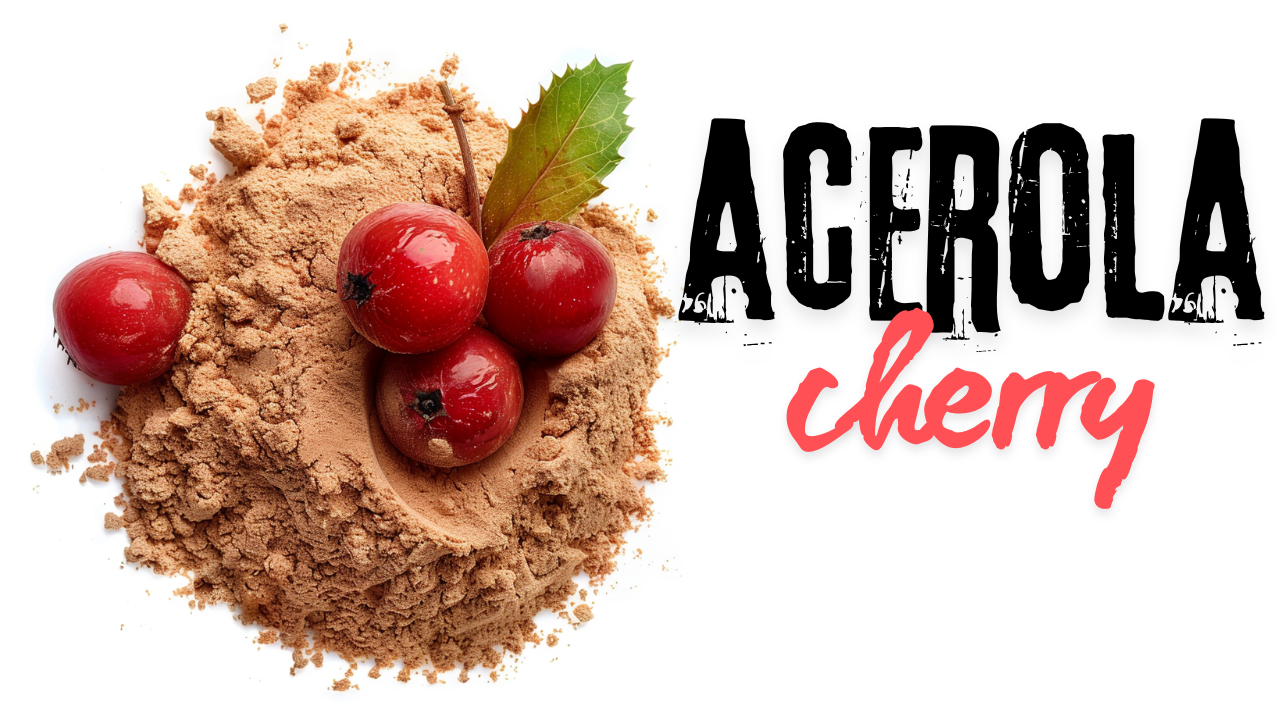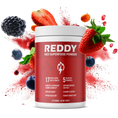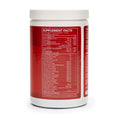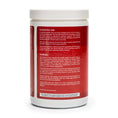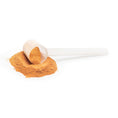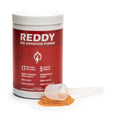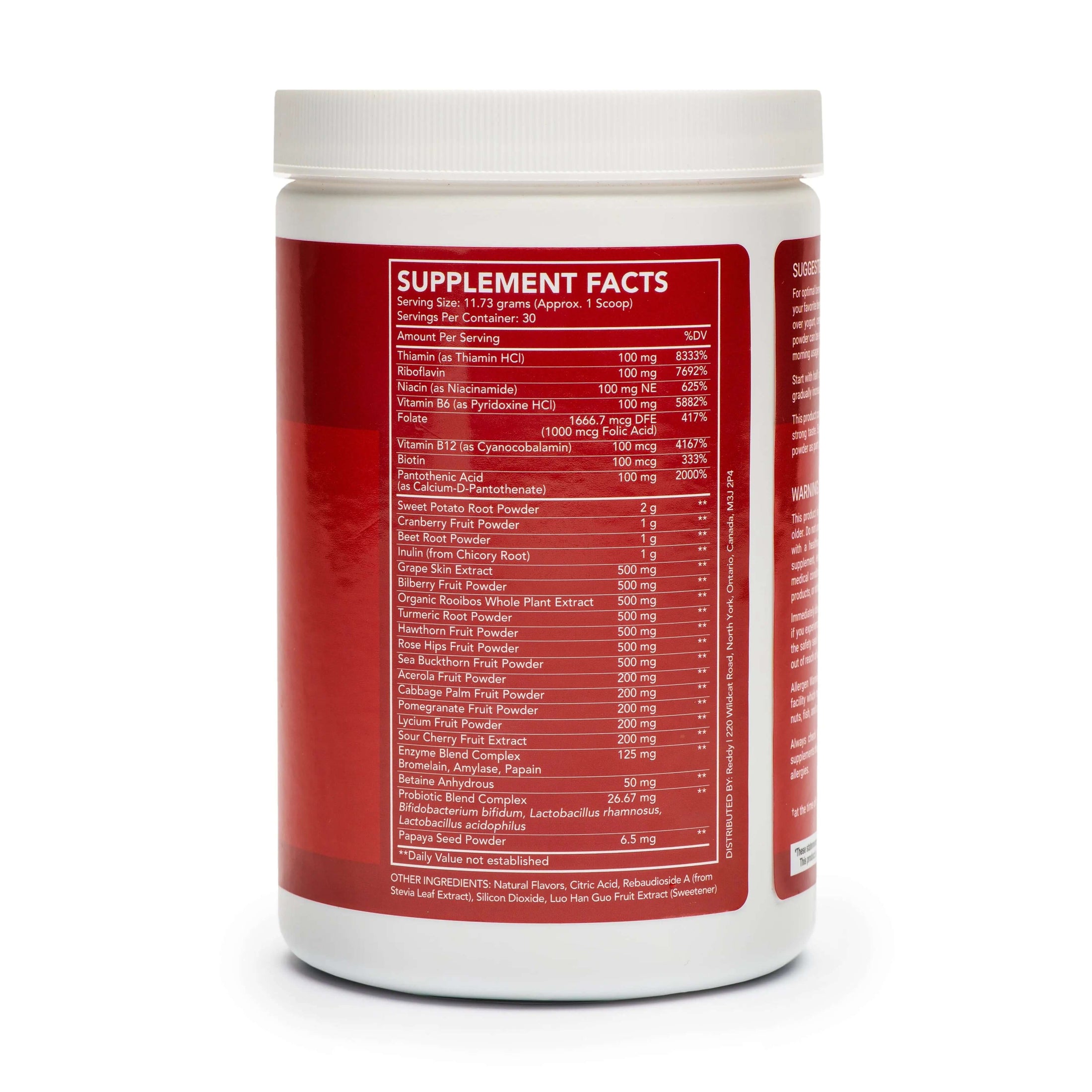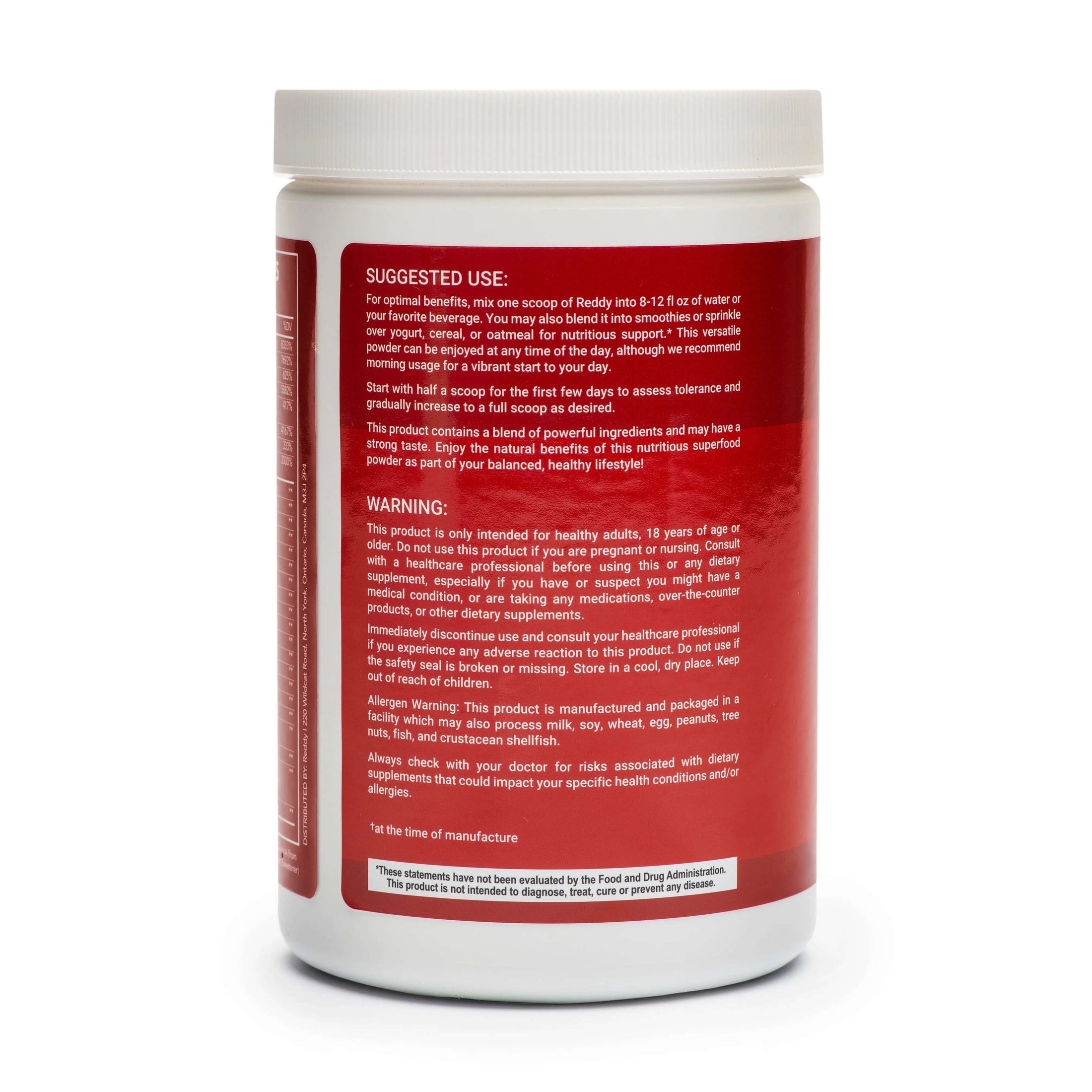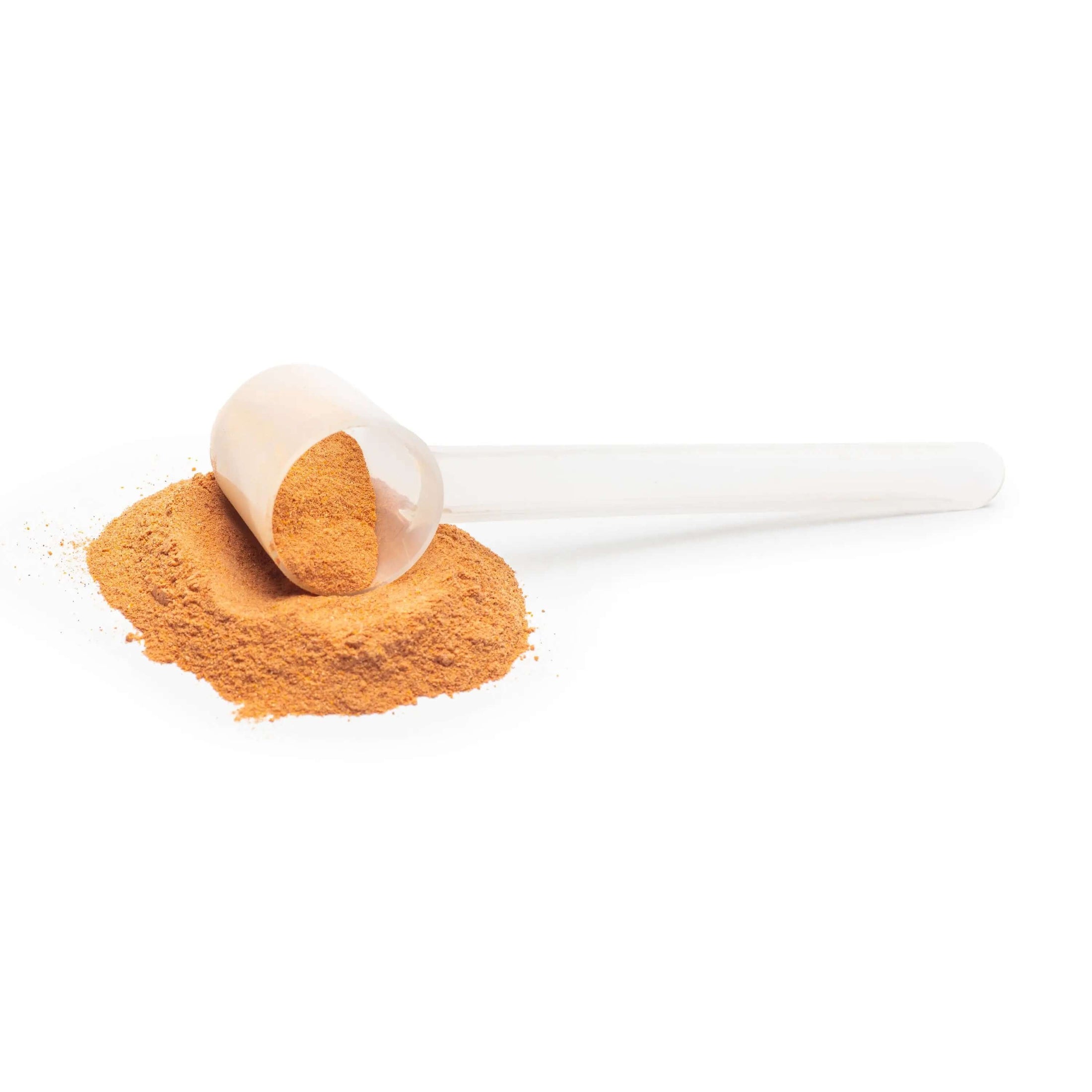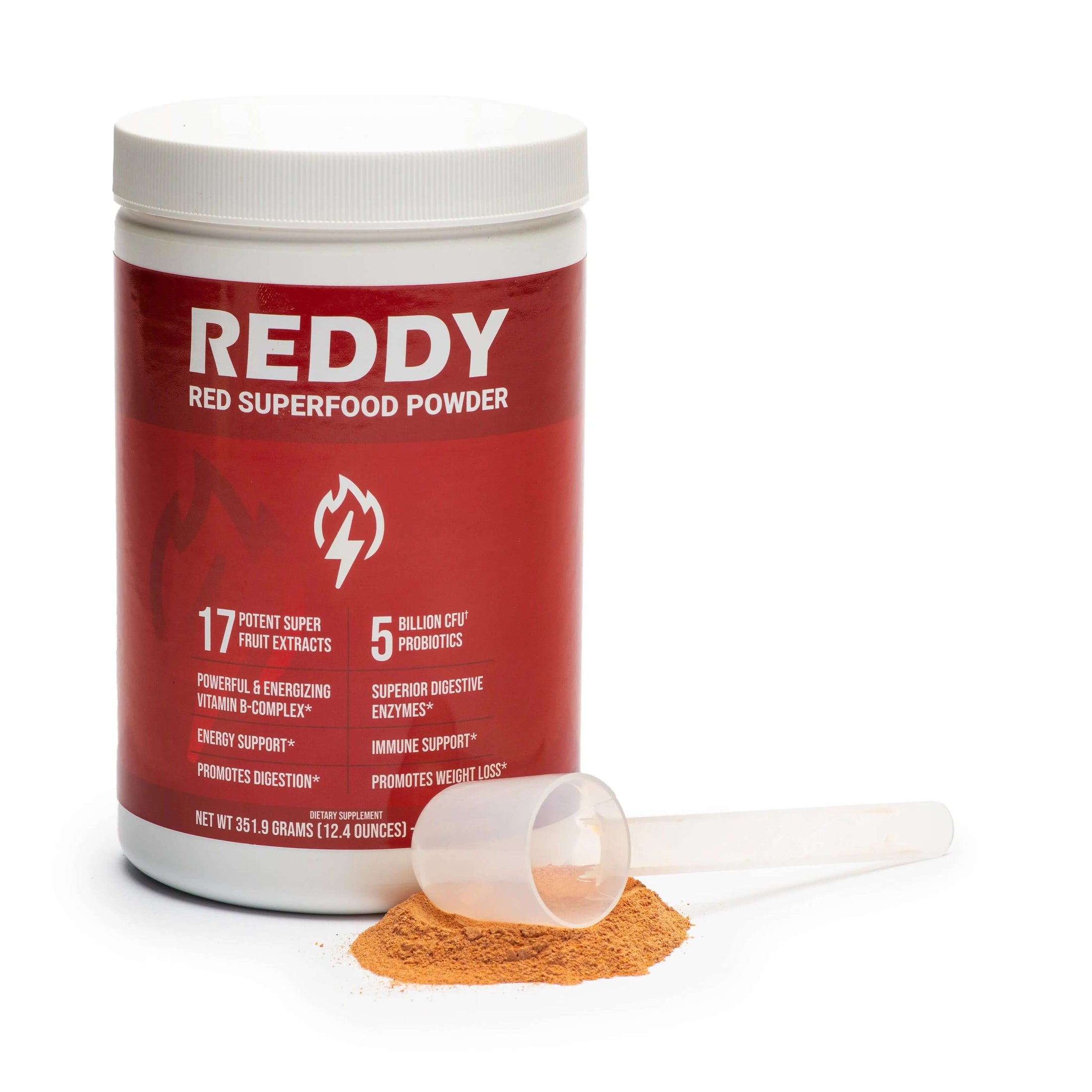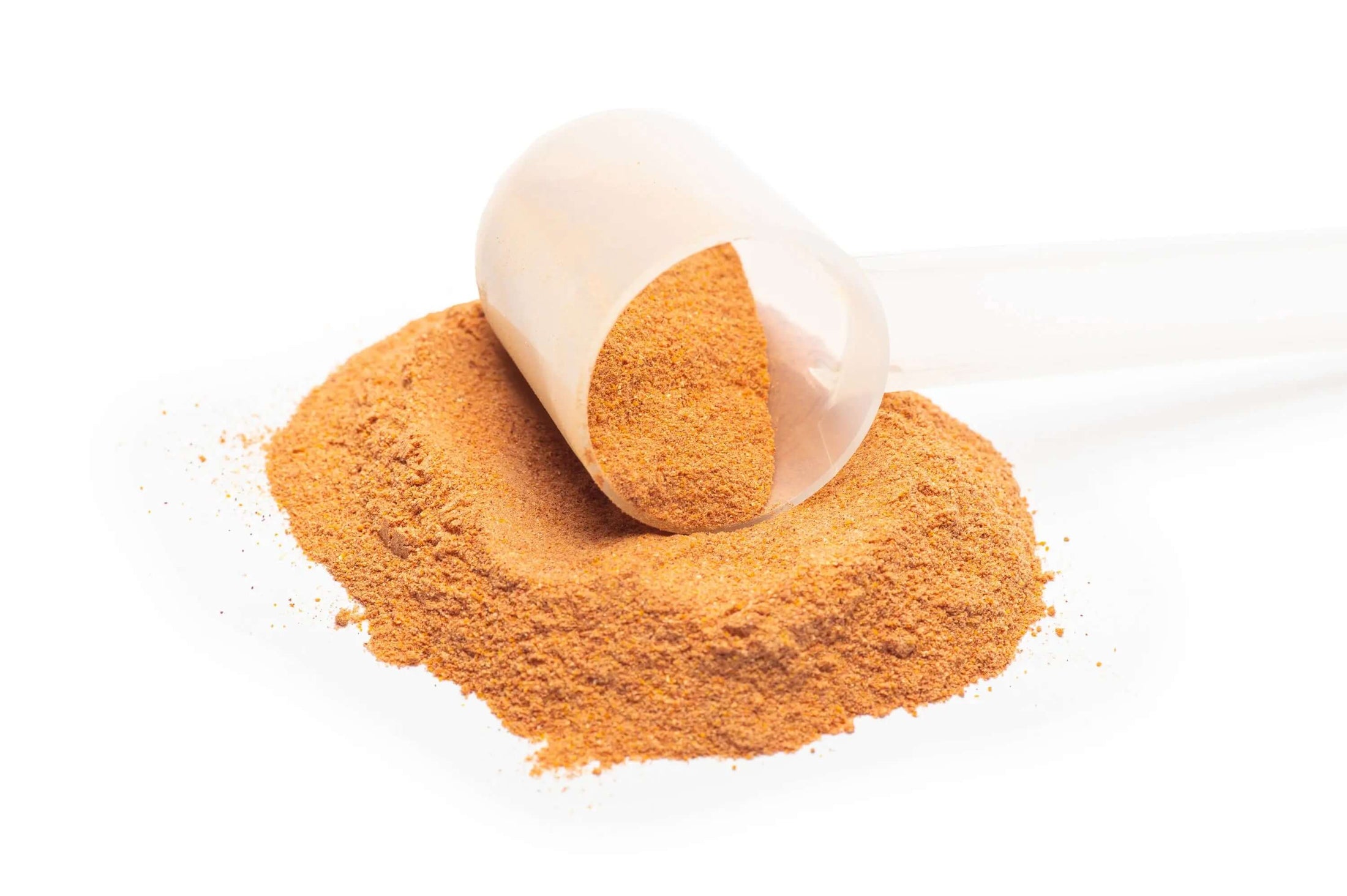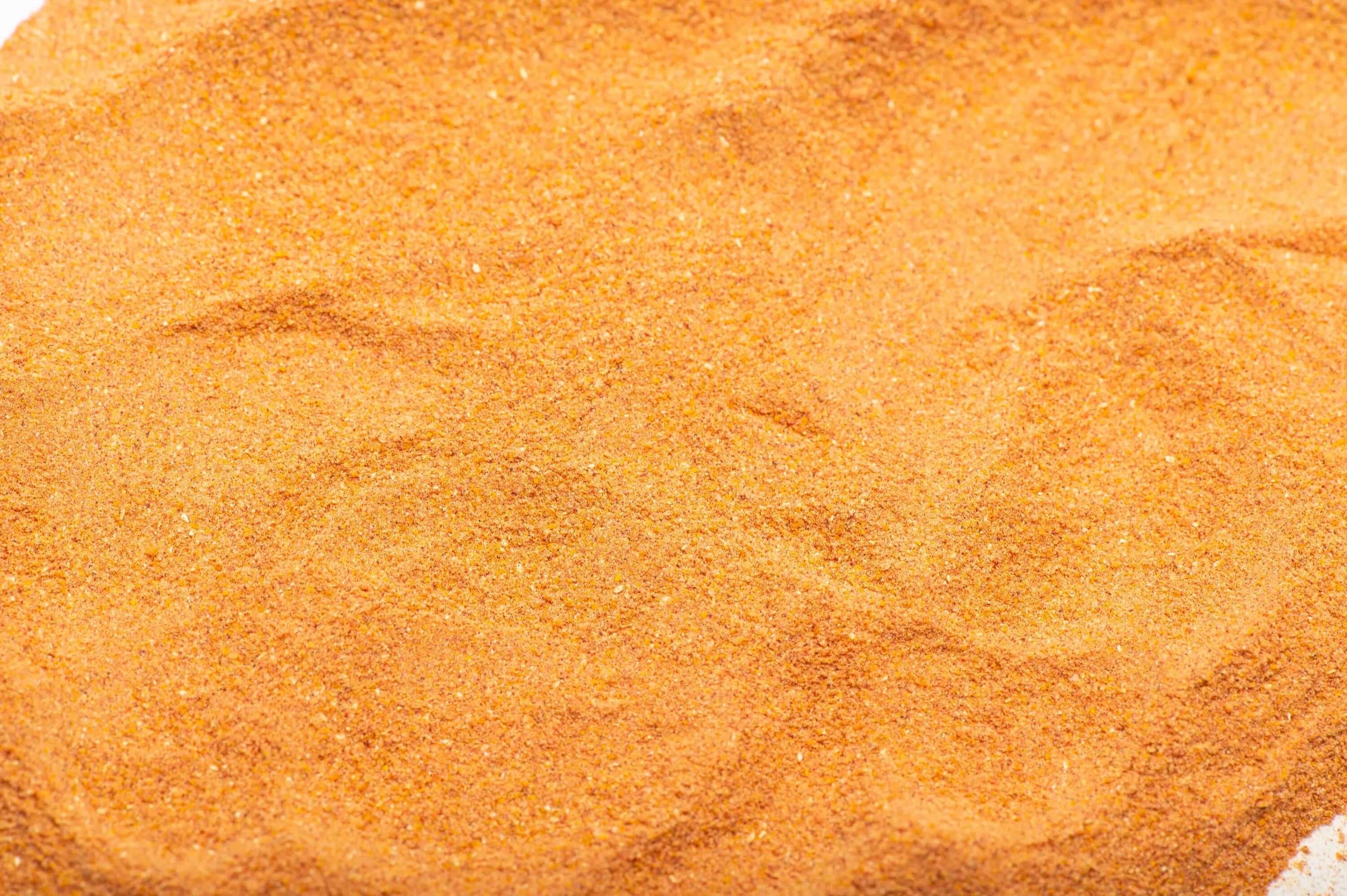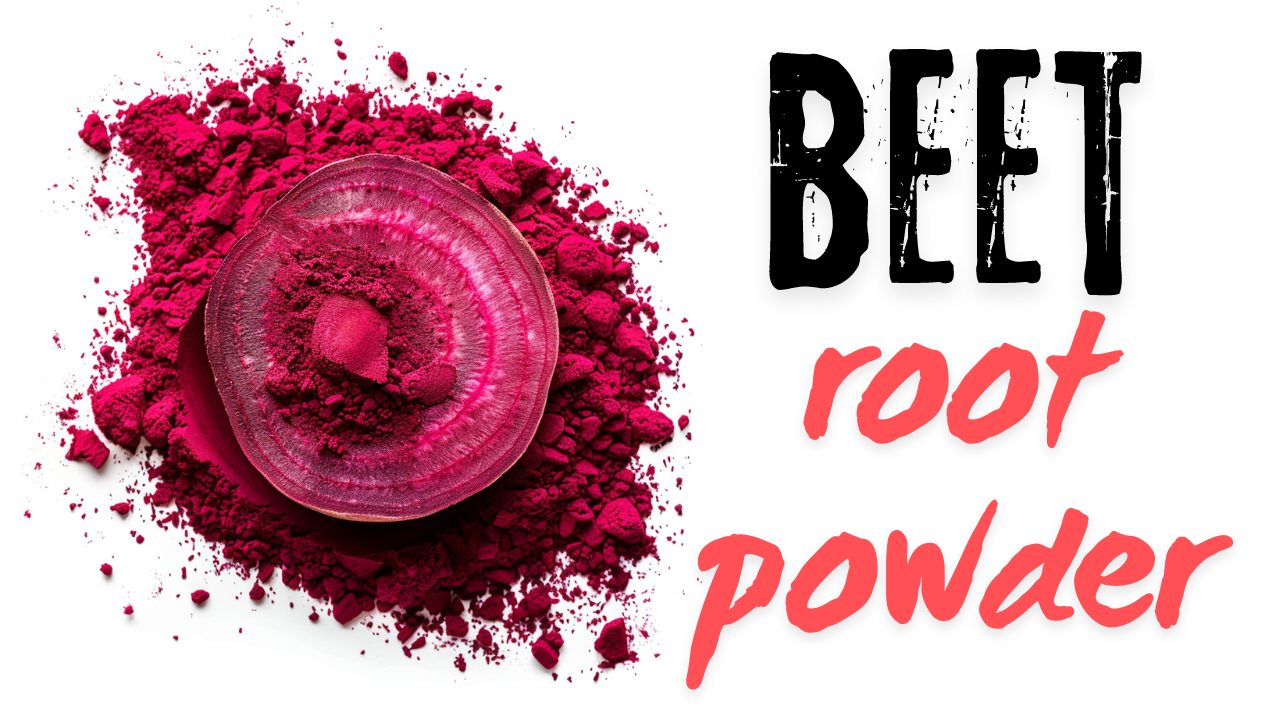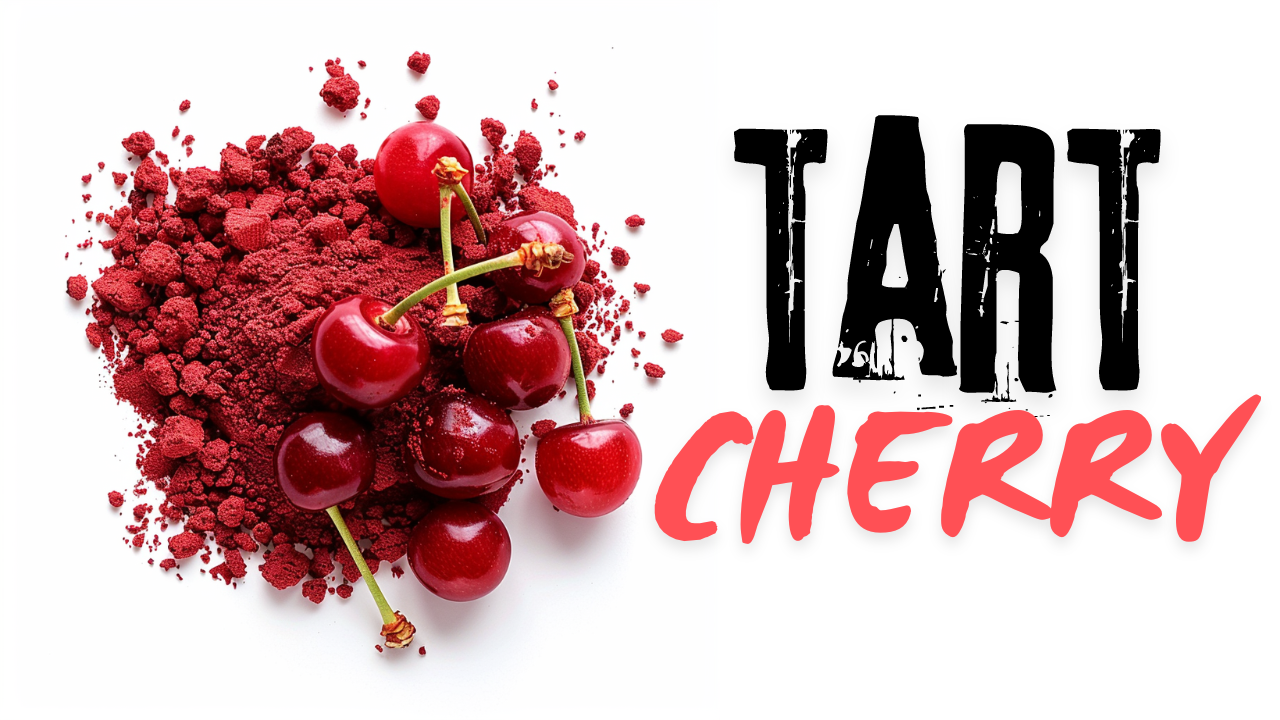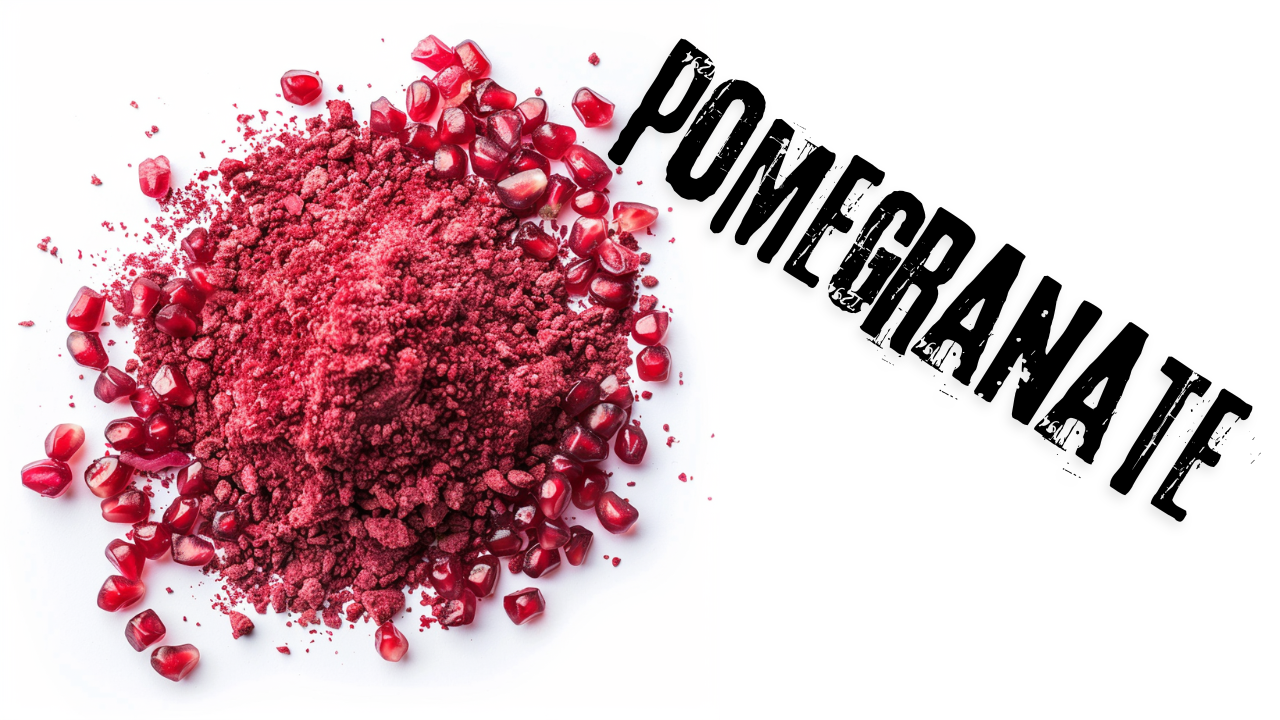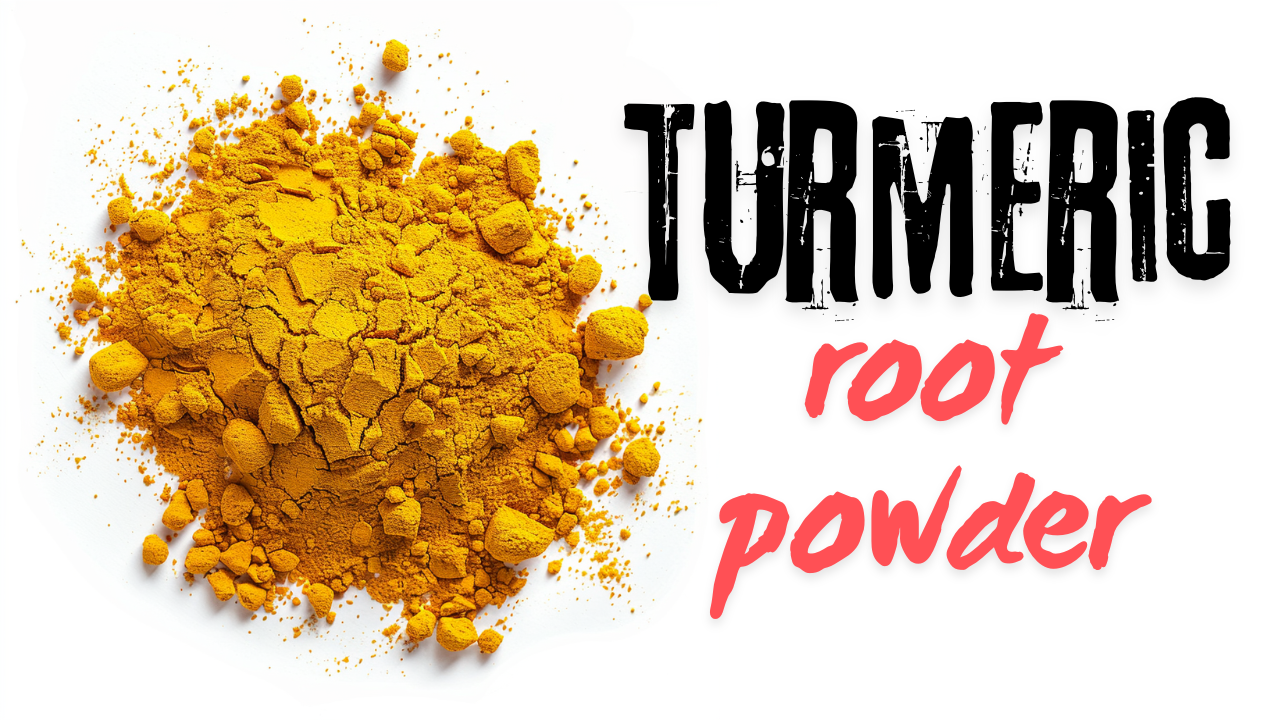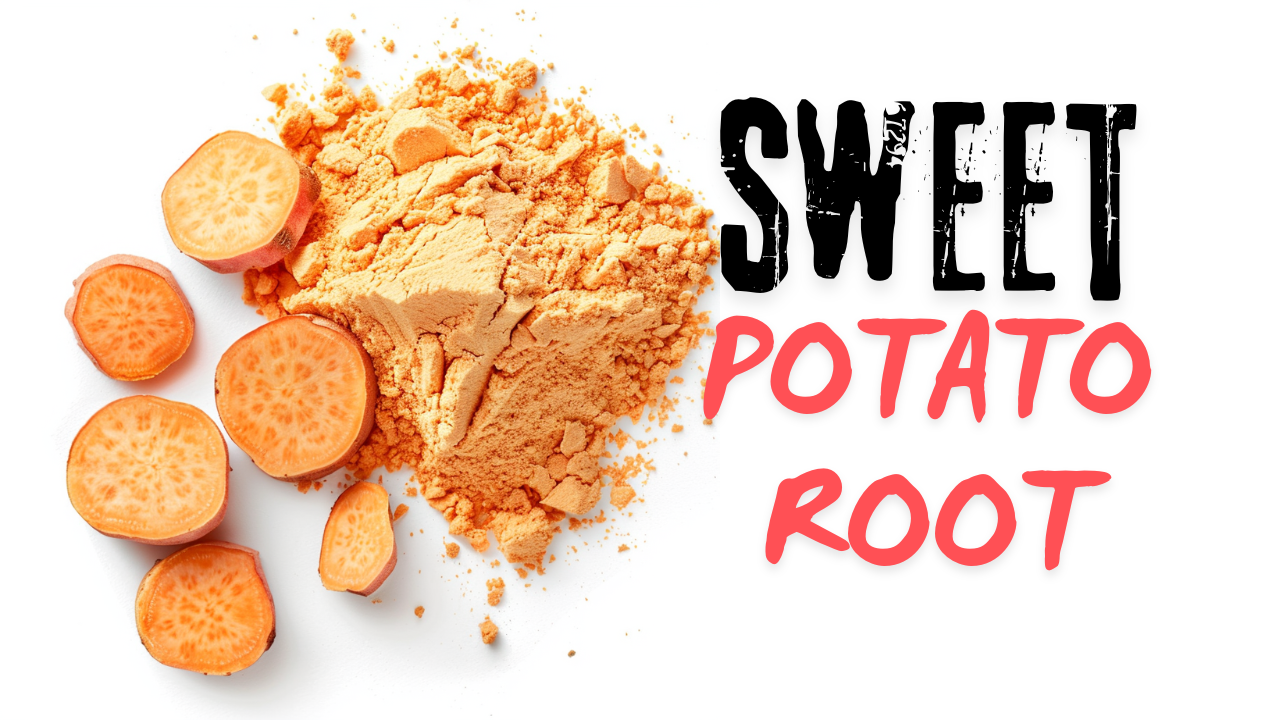Introduction
Acerola cherry, also known as Barbados cherry or West Indian cherry, is a tropical fruit renowned for its exceptional vitamin C content and numerous health benefits. This small, bright red fruit packs a powerful punch of nutrients, making it a popular choice among health enthusiasts. In this comprehensive guide, we'll explore the benefits of acerola cherry, how to use it, and why it's a star ingredient in our Reddy Red Superfood Powder.
Table of Contents
| Heading | Sub-Topics |
|---|---|
| What is Acerola Cherry? | Origins and History, Botanical Characteristics |
| Nutritional Profile of Acerola Cherry | Vitamins and Minerals, Antioxidant Properties, Other Phytochemicals |
| Health Benefits of Acerola Cherry | Immune System Support, Skin Health, Anti-Aging Properties, Cardiovascular Health, Digestive Health, Weight Management |
| Uses of Acerola Cherry | Dietary Supplements, Culinary Uses, Skincare Applications |
| Incorporating Acerola Cherry into Your Diet | Fresh Acerola, Acerola Juice, Acerola Powder, Recipes Featuring Acerola |
| Potential Side Effects and Precautions | Possible Allergic Reactions, Contraindications, Safe Consumption Practices |
| Research and Studies on Acerola Cherry | Clinical Studies, Key Findings, Future Research Directions |
| Frequently Asked Questions | How much acerola cherry should I consume daily?, Can acerola cherry help with colds?, Is acerola cherry good for skin?, Are there any side effects of acerola cherry?, How can I use acerola cherry powder?, Is acerola cherry safe for children? |
| Conclusion | Summary of Benefits, Final Thoughts |
What is Acerola Cherry?
Origins and History
Acerola cherry, scientifically known as Malpighia emarginata, is native to South America, particularly Brazil, and is also found in parts of Central America and the Caribbean. It has been traditionally used for its medicinal properties and nutritional benefits.
Botanical Characteristics
Acerola cherry grows on a small shrub or tree and produces bright red fruits that resemble cherries. Each fruit is about 1-2 centimeters in diameter and contains several seeds. The flesh is juicy and tart, with a flavor profile that is often compared to citrus fruits.
Nutritional Profile of Acerola Cherry
Vitamins and Minerals
Acerola cherry is most famous for its high vitamin C content. In fact, it contains 30 to 50 times more vitamin C than oranges. Additionally, it provides vitamins A, B1, B2, and B3, along with minerals such as iron, calcium, and phosphorus.
Antioxidant Properties
The high levels of vitamin C and other antioxidants in acerola cherry help combat oxidative stress and protect the body against free radical damage. This makes it an excellent fruit for enhancing overall health and preventing chronic diseases.
Other Phytochemicals
Acerola cherry is rich in beneficial phytochemicals, including flavonoids, anthocyanins, and carotenoids. These compounds contribute to its health-promoting properties, such as anti-inflammatory and immune-boosting effects.
Health Benefits of Acerola Cherry
Immune System Support
The abundant vitamin C in acerola cherry is essential for a robust immune system. It helps stimulate the production of white blood cells, enhancing the body's ability to fight off infections and illnesses. Including acerola cherry in your diet can significantly boost your immune defenses.
Skin Health
Acerola cherry promotes healthy skin thanks to its high vitamin C content, which is crucial for collagen production. Collagen is a protein that helps maintain skin elasticity and firmness. Regular consumption of acerola cherry can lead to more youthful and radiant skin.
Anti-Aging Properties
The antioxidants in acerola cherry, such as vitamin C and flavonoids, help reduce the signs of aging by protecting the skin from damage caused by UV radiation and pollution. They also support the repair of damaged skin cells, reducing wrinkles and fine lines.
Cardiovascular Health
Acerola cherry supports cardiovascular health by reducing oxidative stress and inflammation, both of which are risk factors for heart disease. The vitamin C and anthocyanins in acerola cherry help improve blood circulation and lower blood pressure, contributing to a healthier heart.
Digestive Health
The fiber content in acerola cherry aids in digestion and helps maintain a healthy gut. It can help regulate bowel movements, reduce the risk of constipation, and promote the growth of beneficial gut bacteria.
Weight Management
Acerola cherry is low in calories and high in nutrients, making it an ideal addition to a weight management diet. Its fiber content helps keep you full for longer, reducing overall calorie intake and supporting healthy weight loss.
Uses of Acerola Cherry
Dietary Supplements
Acerola cherry is commonly available in supplement form, such as capsules, tablets, and powders. These supplements provide a convenient way to incorporate the health benefits of acerola cherry into your daily routine.
Culinary Uses
Fresh acerola cherries can be used in various culinary applications. They can be added to fruit salads, smoothies, and desserts for a nutritious boost. Acerola cherry juice is also a popular beverage that provides a refreshing dose of vitamin C.
Skincare Applications
Thanks to its high vitamin C content, acerola cherry is a popular ingredient in skincare products. It is used in creams, serums, and masks to promote healthy, glowing skin and reduce the signs of aging.
Incorporating Acerola Cherry into Your Diet
Fresh Acerola
Fresh acerola cherries are delicious and can be eaten on their own or added to fruit bowls and salads. Their tart flavor adds a unique twist to any dish.
Acerola Juice
Acerola cherry juice is a tasty and nutritious way to enjoy the benefits of this superfruit. It can be consumed on its own or mixed with other fruit juices for a vitamin C-packed beverage.
Acerola Powder
Acerola cherry powder is versatile and can be easily incorporated into your diet. It can be added to smoothies, yogurt, oatmeal, and baked goods. Our Reddy Red Superfood Powder contains acerola cherry, making it a convenient way to boost your nutrient intake.
Recipes Featuring Acerola
Acerola cherry can be used in various recipes to enhance their nutritional value. From smoothies and juices to desserts and sauces, there are countless ways to enjoy the health benefits of acerola cherry in your meals.
Potential Side Effects and Precautions
Possible Allergic Reactions
While acerola cherry is generally safe for most people, some individuals may experience allergic reactions. Symptoms can include itching, swelling, and digestive discomfort. It's best to start with a small amount to ensure you do not have an allergy.
Contraindications
Individuals with certain medical conditions or those taking specific medications should consult their healthcare provider before consuming acerola cherry. This is particularly important for people with kidney issues, as high vitamin C intake can affect kidney function.
Safe Consumption Practices
To avoid potential side effects, consume acerola cherry in moderation and follow recommended dosage guidelines if using supplements. Pregnant and breastfeeding women should also seek medical advice before incorporating acerola cherry into their diet.
Research and Studies on Acerola Cherry
Clinical Studies
Several clinical studies have highlighted the health benefits of acerola cherry. Research has shown its positive effects on immune function, skin health, and overall well-being.
Key Findings
Key findings from research include the high antioxidant activity of acerola cherry, its ability to enhance immune response, and its potential in improving skin health and reducing the risk of chronic diseases.
Future Research Directions
Future research aims to explore the full range of benefits provided by acerola cherry. This includes its potential role in cancer prevention, cardiovascular health, and as an integral part of a balanced diet.
Frequently Asked Questions
How much acerola cherry should I consume daily?
A typical daily serving of acerola cherry can vary, but consuming 1-2 tablespoons of acerola cherry powder or a comparable amount in other forms is common. Follow product-specific recommendations or consult a healthcare provider for personalized advice.
Can acerola cherry help with colds?
Yes, the high vitamin C content in acerola cherry can help boost the immune system and reduce the duration and severity of colds.
Is acerola cherry good for skin?
Absolutely! Acerola cherry promotes healthy, youthful skin by supporting collagen production and protecting against oxidative stress.
Are there any side effects of acerola cherry?
While generally safe, some people may experience allergic reactions or digestive issues. It's important to start with a small amount to ensure you do not have an allergy.
How can I use acerola cherry powder?
Acerola cherry powder can be added to smoothies, yogurt, oatmeal, and baked goods. It’s also a key ingredient in our Reddy Red Superfood Powder, making it easy to include in your daily routine.
Is acerola cherry safe for children?
Yes, acerola cherry is safe for children when consumed in moderation. However, it's always best to consult a healthcare provider before adding new supplements to a child's diet.
Conclusion
Acerola cherry is a superfruit that offers an impressive array of health benefits. From boosting the immune system to promoting skin health and supporting weight management, it’s a valuable addition to any diet. Whether you enjoy it fresh, as a juice, or as part of our Reddy Red Superfood Powder, acerola cherry can enhance your wellness routine. With its potent nutritional profile and numerous health benefits, it's no wonder that acerola cherry is celebrated as a top superfood.

